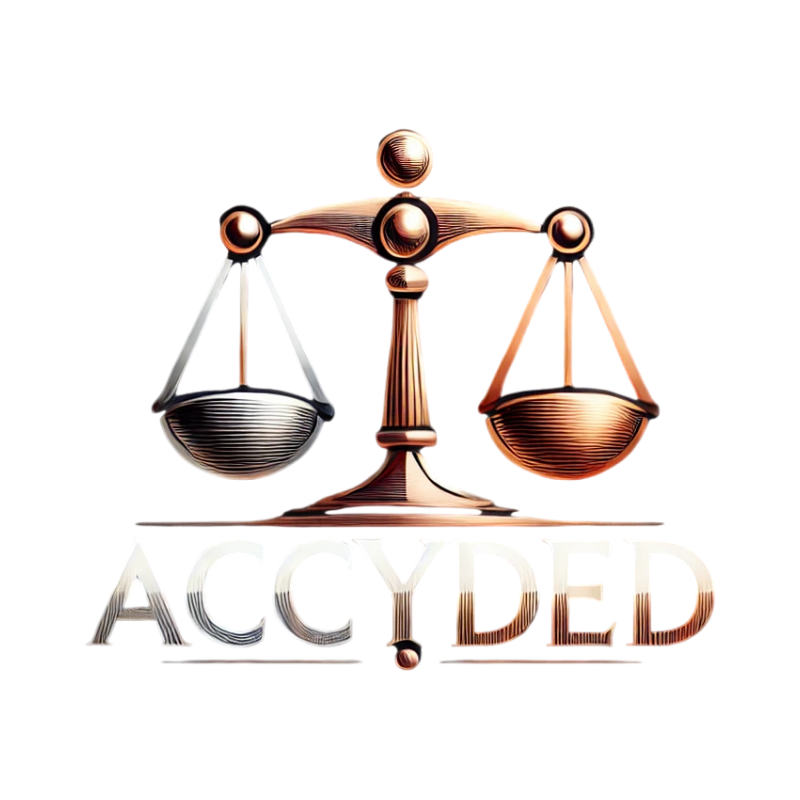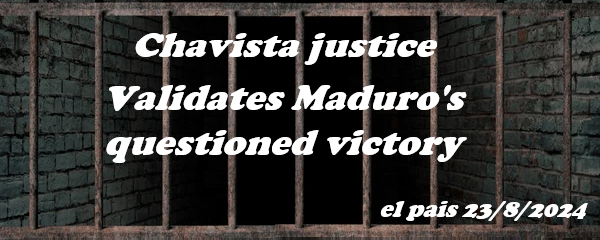It is worrying to observe how, in our journalistic media, it is reported that "justice" in other countries legitimizes injustices and violations of fundamental rights, simply because it is "No justice." We must not forget that the human condition, shared by all the inhabitants of this planet, groups us into what we could call "interest groups." Throughout history, we have witnessed how "the power" deceives "the people", using tricks and taking advantage of the submission and ease with which many people are manipulated. What is surprising, without a doubt, is that "the fear" of dissent by those in power is so "palpable." The question arises: what can happen to you when you disagree?
A recent example of this disturbing reality is the case of Judge Fernando Presencia, who has been imprisoned since June 31, 2023 for denouncing the alleged existence of money in the name of Spanish judges in tax havens. It is important to remember that there is Law 2/2023, which protects those who report acts of corruption, (based on the transposition of the 2019 European directive), which prohibits retaliation against whistleblowers. However, it seems that our judges are unaware or deliberately ignoring this law.
This case has similarities with that of Alexei Navalny, a Russian opposition leader imprisoned (and sadly died in prison) for leading an organization that received important donations to oppose Vladimir Putin's regime. Navalny denounced systematic corruption in his country and paid with his freedom, and eventually his life, for daring to challenge the established power. Both cases illustrate how justice can be used as a tool of repression instead of being a pillar for the defense of fundamental rights.
Meanwhile, our justice system prevents a member of a gang from being extradited to El Salvador, arguing that the minimum human rights requirements are not met in said country (El Mundo, 5-10-2024). This contrasts sharply with the internal situation, where complaints against power often result in persecution instead of protection, which reinforces the idea that we live in a society where the established powers deceive citizens, prioritizing their interests ("thing nostra") above the basic rules of coexistence and justice.
For those who want to review one of the most atrocious episodes in human history, "the Nazi Holocaust", it is revealing to ask how many judges dared to defend the Jews from their atrocious fate. The answer is clear: none. This reminds us that justice, when it bows to power, ceases to be justice, becoming a mechanism of oppression instead of protection of the most vulnerable.
In short, current and past examples show us that justice is, in many cases, distorted by power, and that a lack of resistance to injustice only perpetuates a cycle of abuse and repression. It is our responsibility, as a society, to question and challenge these dynamics, to ensure that justice fulfills its true purpose: to protect the rights of all, regardless of their position in power.





